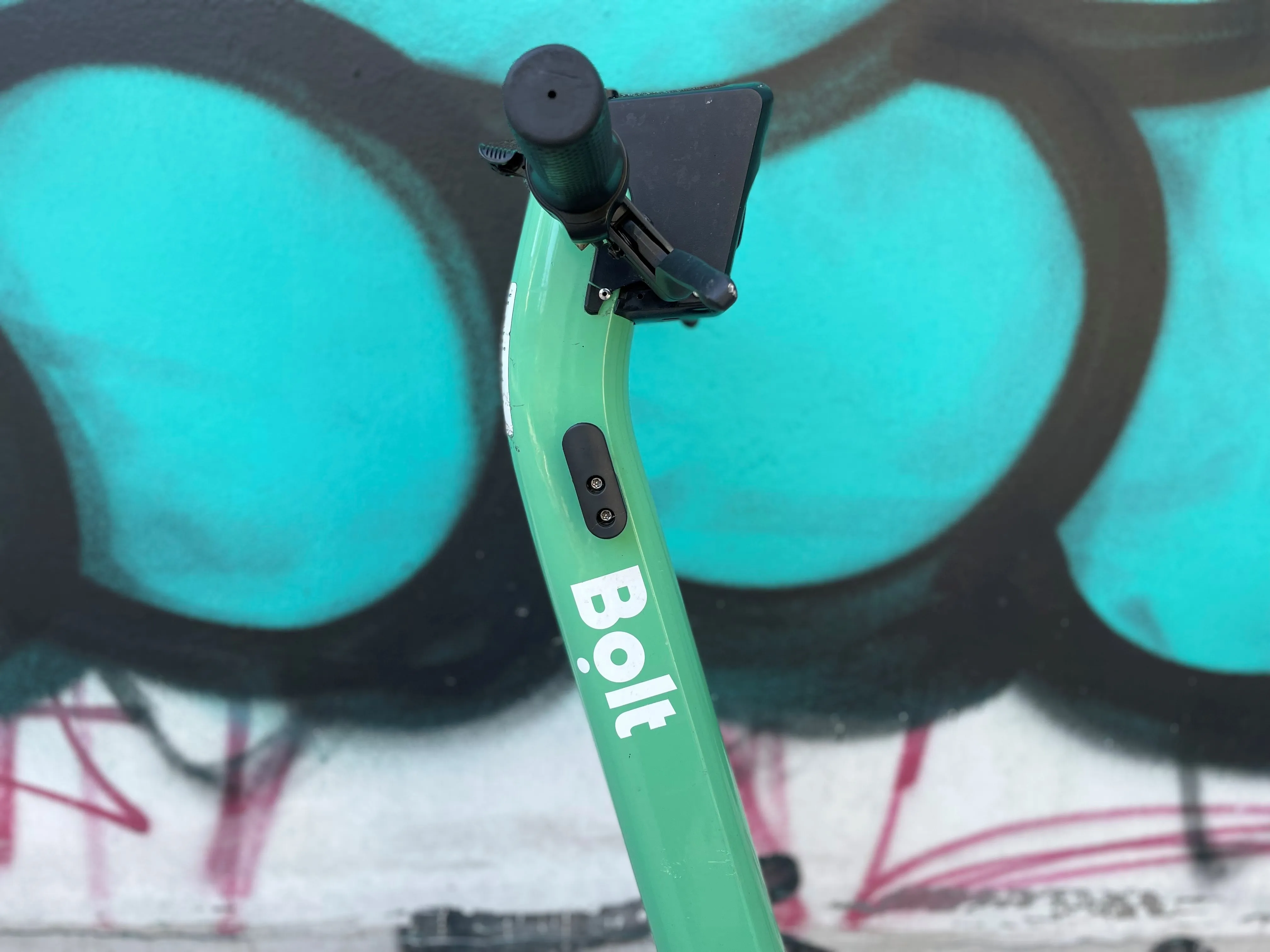The arrest of an Uber driver in Kalamazoo, Michigan, has prompted renewed interest in the company’s driver vetting process.
Uber has confirmed that Jason Brian Dalton, accused of injuring two and killing six people over the 20-21 February 2016 weekend in Kalamazoo, Michigan, was an Uber driver who had passed the background checks with no criminal records.
The company’s website says that Uber operates an extensive driver screening process which includes collecting detailed information from potential d
February 22, 2016
Read time: 2 mins
The arrest of an Uber driver in Kalamazoo, Michigan, has prompted renewed interest in the company’s driver vetting process.
Uber has confirmed that Jason Brian Dalton, accused of injuring two and killing six people over the 20-21 February 2016 weekend in Kalamazoo, Michigan, was an Uber driver who had passed the background checks with no criminal records.
The company’s website says that Uber operates an extensive driver screening process which includes collecting detailed information from potential drivers, including address, age, social security number, driving licence, vehicle registration and insurance details. These are then checked by the investigation service Checkr, which also checks the Dru Sjodin National Sex Offender Public Website, National Criminal Search and several different databases used to flag suspected terrorists.
Uber says it also uses technology to enable a safer ride by giving passengers information about their driver, tracking all trips using GPS from beginning to end and incorporating feedback from riders and drivers.
However, according to the Wall Street Journal, Californian prosecutors alleged that the process was unable to detect drivers who can possibly be harmful.
Uber’s chief security officer, Joe Sullivan, has confirmed that the company is helping the police with their investigations.
Uber has confirmed that Jason Brian Dalton, accused of injuring two and killing six people over the 20-21 February 2016 weekend in Kalamazoo, Michigan, was an Uber driver who had passed the background checks with no criminal records.
The company’s website says that Uber operates an extensive driver screening process which includes collecting detailed information from potential drivers, including address, age, social security number, driving licence, vehicle registration and insurance details. These are then checked by the investigation service Checkr, which also checks the Dru Sjodin National Sex Offender Public Website, National Criminal Search and several different databases used to flag suspected terrorists.
Uber says it also uses technology to enable a safer ride by giving passengers information about their driver, tracking all trips using GPS from beginning to end and incorporating feedback from riders and drivers.
However, according to the Wall Street Journal, Californian prosecutors alleged that the process was unable to detect drivers who can possibly be harmful.
Uber’s chief security officer, Joe Sullivan, has confirmed that the company is helping the police with their investigations.











